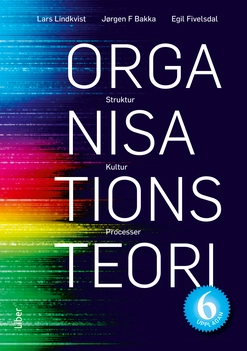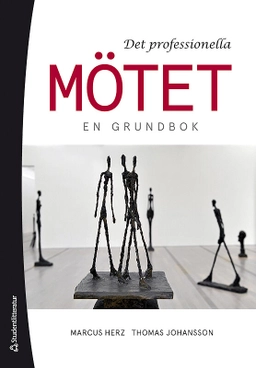In The Interpersonal Tradition: The Origins of Psychoanalytic Subjectivity, Irwin Hirsch offers an overview of psychoanalytic history and in particular the evolution of Interpersonal thinking, which has become central to much contemporary psychoanalytic theory and practice. This book of Hirsch's selected papers provides an overview of his work on the topic over a thirty year period (1984-2014), with a new introductory chapter and a brief updating prologue to each subsequent chapter.
Hirsch offers an original perspective on clinical psychoanalytic process, comparative psychoanalysis and psychoanalytic theory, particularly explicating the many ways in which Interpersonal thinking is absolutely central to contemporary theory and practice. Each chapter is filled with theoretical explication and clinical examples that illustrate the degree to which the idiosyncratic person of each psychoanalyst inevitably plays a significant role in both analytic praxis and analytic theorizing. Key to this perspective is the recognition that each unique individual analyst is an inherently subjective co-participant in all aspects of analytic process, underscoring the importance that analysts maintain an acute sensitivity to the participation of both parties in the transference-countertransference matrix. Overall, the book argues that the Interpersonal psychoanalytic tradition, more than any other, is responsible for the post-modern and Relational turn in contemporary psychoanalysis.
Based on a range of seminal papers that outline how the Interpersonal psychoanalytic tradition is integral to understanding much of contemporary psychoanalytic thought, this book will be essential reading for practitioners and students of psychoanalysis.
Åtkomstkoder och digitalt tilläggsmaterial garanteras inte med begagnade böcker





















